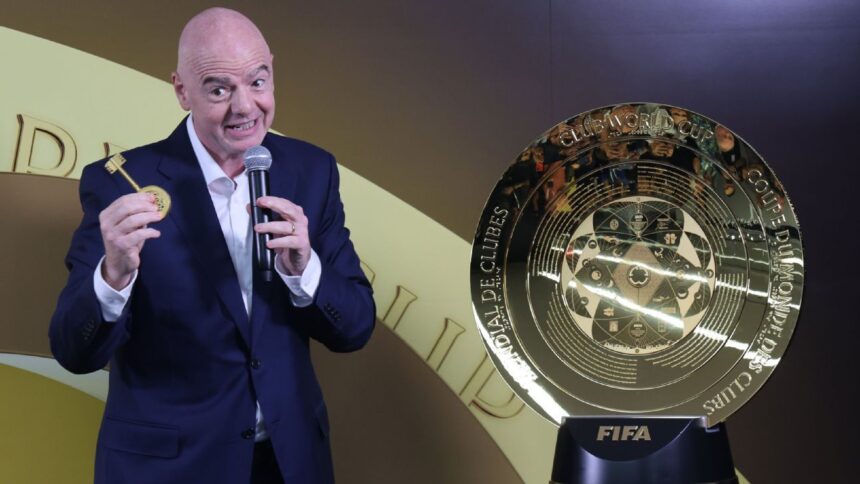The new FIFA Club World Cup, with 32 teams, represents a significant step forward for football globally. This competition offers an unprecedented opportunity for teams from different continents to compete in official matches, something that was previously limited. Tlhopie Motsepe, president of Mamelodi Sundowns of South Africa, who will face Ulsan of South Korea on June 17, expressed his enthusiasm for the competition. “We are here to compete, but also to showcase African excellence,” he stated. The goal is to leave a positive and memorable mark on the tournament.
Five years ago, FIFA President Gianni Infantino expressed his desire to make the sport more inclusive, with the goal of having “at least 50 clubs from all continents” compete at a high level. This initiative, although it may have diverse motivations, represents an important step for clubs outside the European elite to have the opportunity to compete at a global level. Despite the positive aspects, the tournament presents challenges, such as the tight schedule and player fatigue, which has led organizations like FIFPro, the players’ union, to express their concern and even take legal action against FIFA. Furthermore, there are criticisms about the priority of the economic aspect in the organization of the tournament. This is evident in the distribution of prizes, where a considerable part is based on “participation”, which could be interpreted as a payment for presence. The inclusion of Inter Miami, with Lionel Messi, to represent the host country, has also been questioned. FIFA announced that the tournament would generate more than $2 billion in revenue, but ticket sales for the opening match between Inter Miami and Al Ahly were significantly reduced, suggesting that the projections could be wrong.If we go back and people say ‘Wow, do you remember the South Africa team? Do you remember how they played?’ That’s exciting for me. That would be a success.
Tlhopie Motsepe, president of Mamelodi Sundowns










